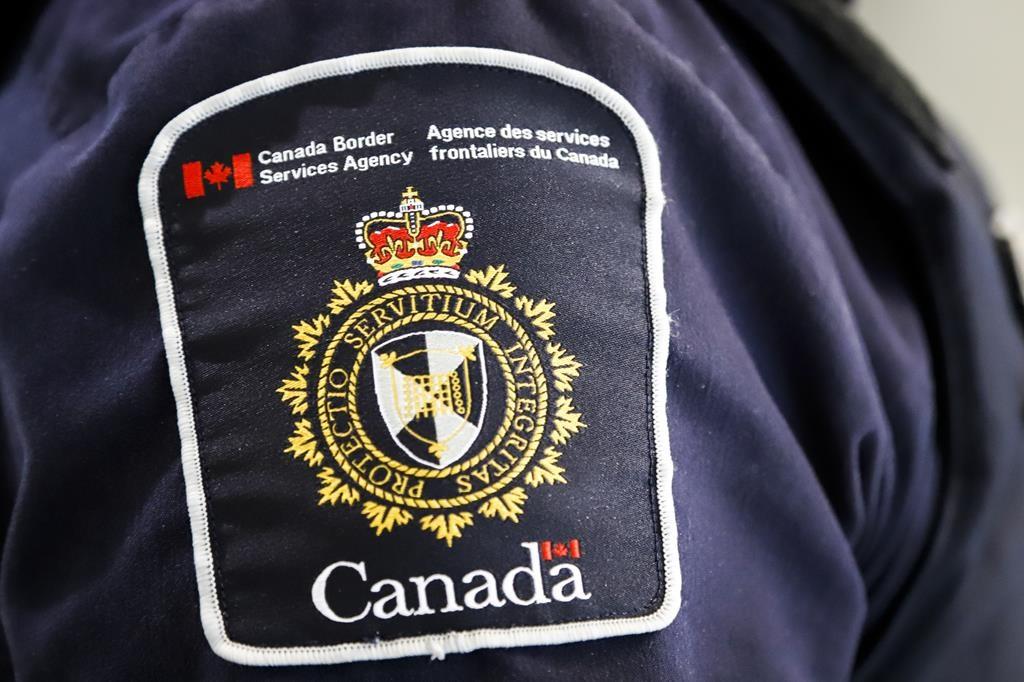Fewer than 5,000 guns have been seized at the Canadian border since January 2017, according to the Canada Border Services Agency (CBSA), despite increased federal promises to reduce cross-border firearms trafficking.
The Liberal cabinet told the House of Commons in a recently-tabled “Inquiry Of Ministry” that 4,770 guns have been seized by border officers since January 1, 2017, after the numbers were requested by Conservative MP Shannon Stubbs, according to Blacklock’s Reporter.





